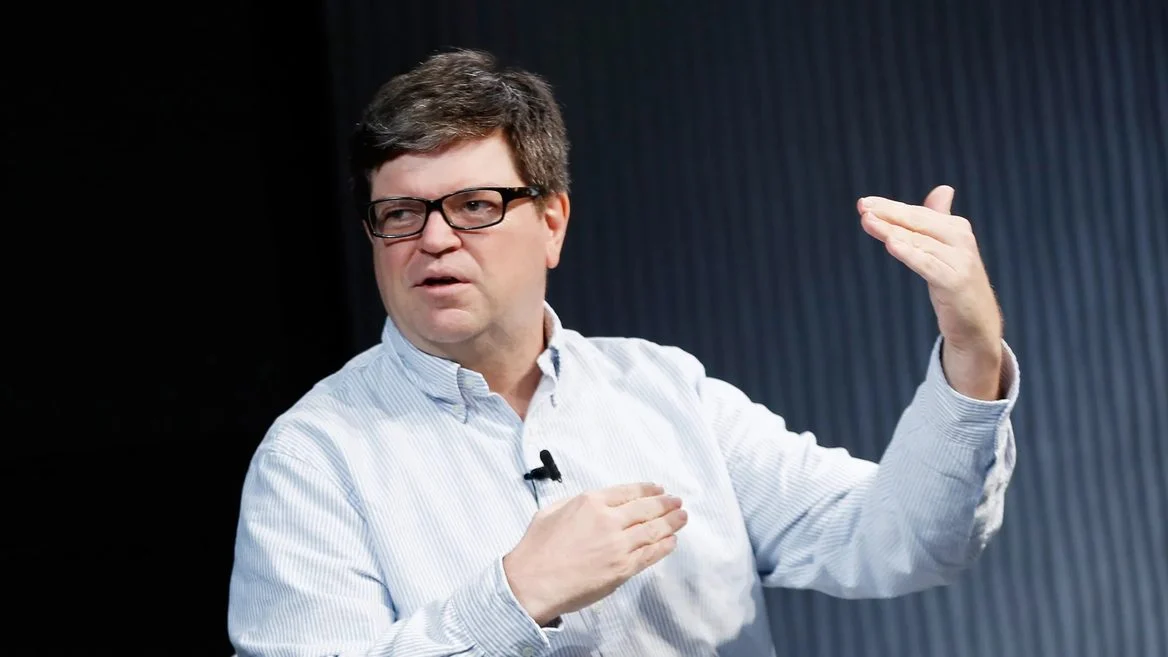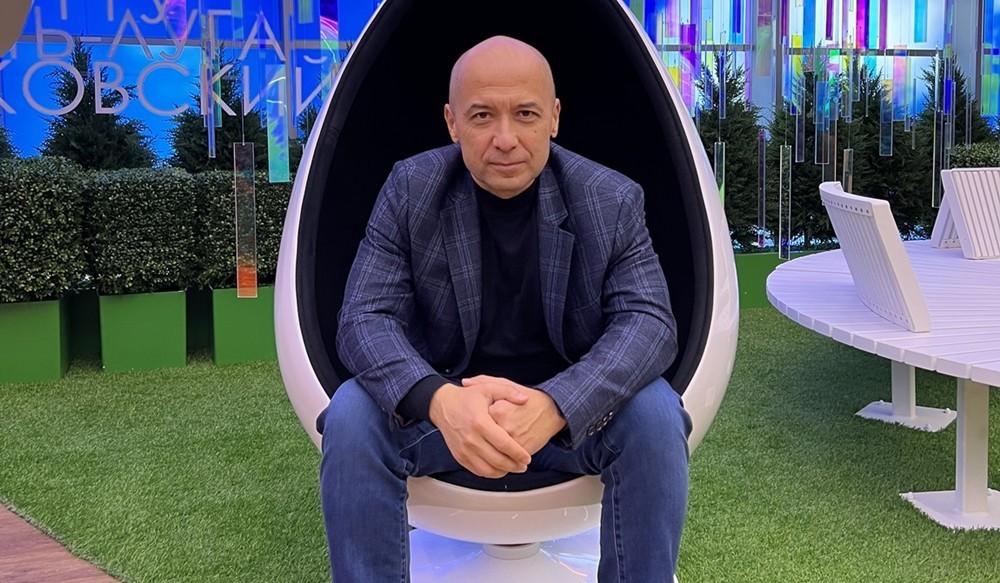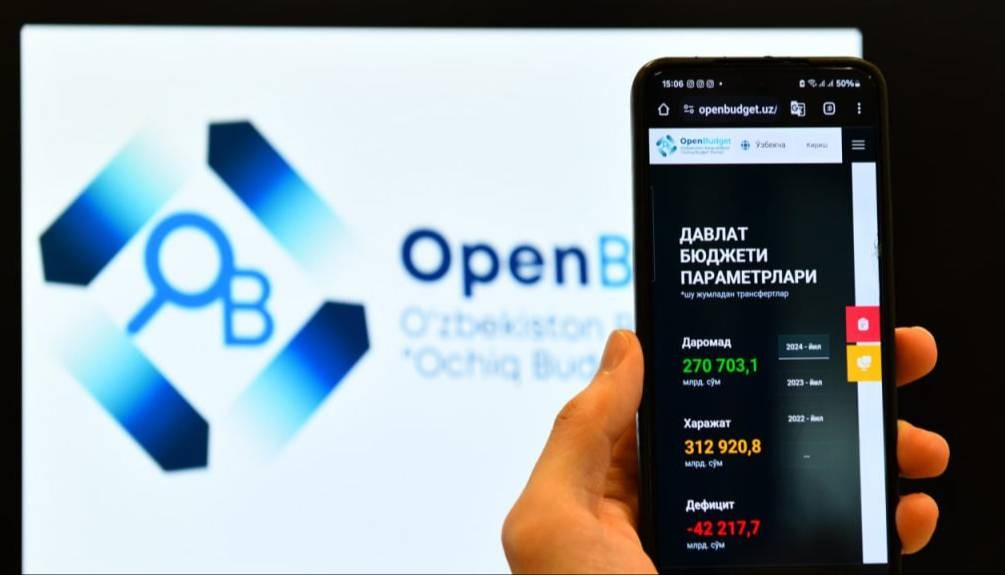Neuralink, Elon Musk's company working on creating neural interfaces for medical purposes, is expanding the list of tasks that it plans to solve using its technologies. Elon Musk published in his social networks a repost of a message from the Neura Pod YouTube channel, which talks about the capabilities of the chip being developed.
The device is designed to help people with a wide range of neurological and neuropsychological problems. These include blindness, paralysis, hearing loss, tinnitus, memory loss, depression, insomnia, severe pain, seizures, anxiety, addiction, strokes, brain damage, and neck and back pain. The developers believe that brain-computer technologies will not only help to alleviate the condition of patients, but also in some cases restore the lost functions of the body.
Musk emphasizes that from the point of view of physics, restoring mobility in paralyzed people is possible. The principle of operation is to intercept neural signals from the brain and transmit them bypassing damaged areas of the spinal cord. The main challenge for Neuralink specialists is solving technical problems related to the accuracy of signal reading and reliability of command transmission.
The Neuralink implant is the size of a coin and is implanted in the brain with minimal intervention. The device is capable of reading neural signals and converting them into commands for controlling external devices, opening up prospects for the rehabilitation of patients with severe disorders of the nervous system.
In May, Neuralink announced the launch of its first clinical trials in the Middle East. The project is being implemented in partnership with the Cleveland Clinic Abu Dhabi and the Abu Dhabi Department of Health.













